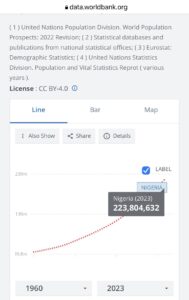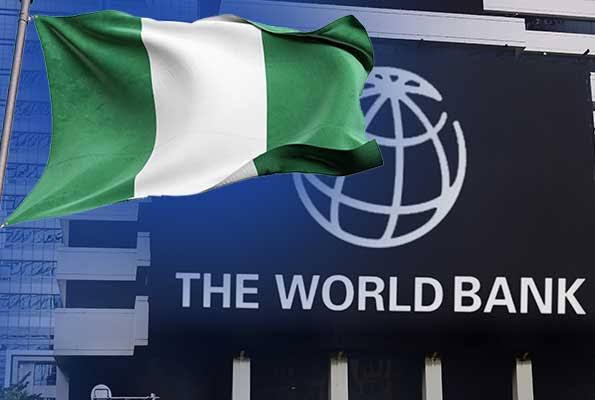The World Bank’s latest development update on Nigeria has revealed a startling statistic: 129 million Nigerians are classified as poor, highlighting the pervasive poverty affecting the nation. With Nigeria’s population estimated at 223 million, this means that approximately six out of every ten Nigerians are living in poverty.
This revelation comes amidst severe economic challenges, primarily driven by soaring inflation rates. Food inflation alone has reached 37.7%, exacerbating the struggles faced by many citizens under the current economic policies of President Bola Tinubu’s administration. These conditions have intensified public outcry over the increasing cost of living and the overall hardship faced by the populace.
Compounding the situation is Nigeria’s position in the Global Hunger Index, where it ranks 110 out of 127 countries, indicating a critical level of hunger. The World Bank’s findings underscore the urgent need for effective measures to address the growing poverty and hunger crisis.

The government has reiterated its commitment to tackling these economic issues; however, data from various sources continue to paint a grim picture. It is projected that by 2024, 26.4 million Nigerians could face food insecurity. In a July 2024 report, the United Nations warned that 82 million Nigerians might soon experience hunger.
The root causes of these challenges are often attributed to recent government policies, including the devaluation of the naira and increased fuel prices, which have further strained the economic resilience of many Nigerian families. The current scenario calls for immediate, strategic interventions to mitigate these impacts and improve the livelihoods of millions across the nation.


